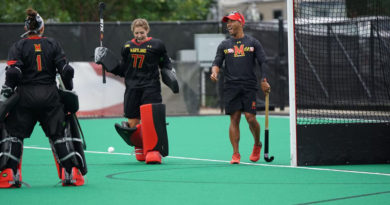How to Become a Better Coach: Top 4 Tips for Beginners
Coaching is easier than you think, especially if you know some basic rules. Of course, it will never get as simple as playing at Woo Casino, but these 4 tips will help you at the beginning.
Be an Example You Want to Look up to
A couch should look fit. This is the most trivial rule, but sometimes it is also violated.
No one says that you have to grow biceps and triceps, get pronounced abs, but your figure and weight must be perfect.
You have to be an example for those who learn from you. So do not forget about personal training, keep yourself in shape and constantly improve. Let other people see by your example the power of regular physical activity.
Be a Communicative Person
The work of a coach is inextricably linked to people. Spend a workout without saying a word, you’re unlikely to succeed. And if you do, soon you will have no one to talk to.
Your task is to communicate properly with your trainees, and if you lead a group training session, to ensure proper communication between the group members.
And one more thing: don’t take the initiative to bring up personal topics. Your job is to listen attentively and talk less yourself.
Never Give Advice on Personal Matters
If your communication is excellent, your clients share much with you and let you in on their secrets, the most important thing you should do is not give advice on personal matters. Even if the client asks you for advice in a straightforward manner, it’s better to tactfully change the subject of the conversation or make an excuse that you don’t know what to do in such a situation.
You are not a personal therapist to solve someone’s problems. Remember that once you give personal advice to your mentees, you are indirectly responsible for the consequences of its implementation.
Imagine that your advice turned out to be wrong, and the person made a mistake, acted differently than he should have, what then? Most likely, he will attribute his failures to your bad advice. Do you need that? Of course, not! So only give advice on professional issues.
Don’t Discuss Your Own Problems
Even if your mentees are frank with you, don’t burden them with your problems. Do not tell them how hard it is for you, what happened to you, what thoughts are weighing you down. Why do your clients need unnecessary moral burden: they came to get results from the training, to relax and have a pleasant conversation with their trainer.




